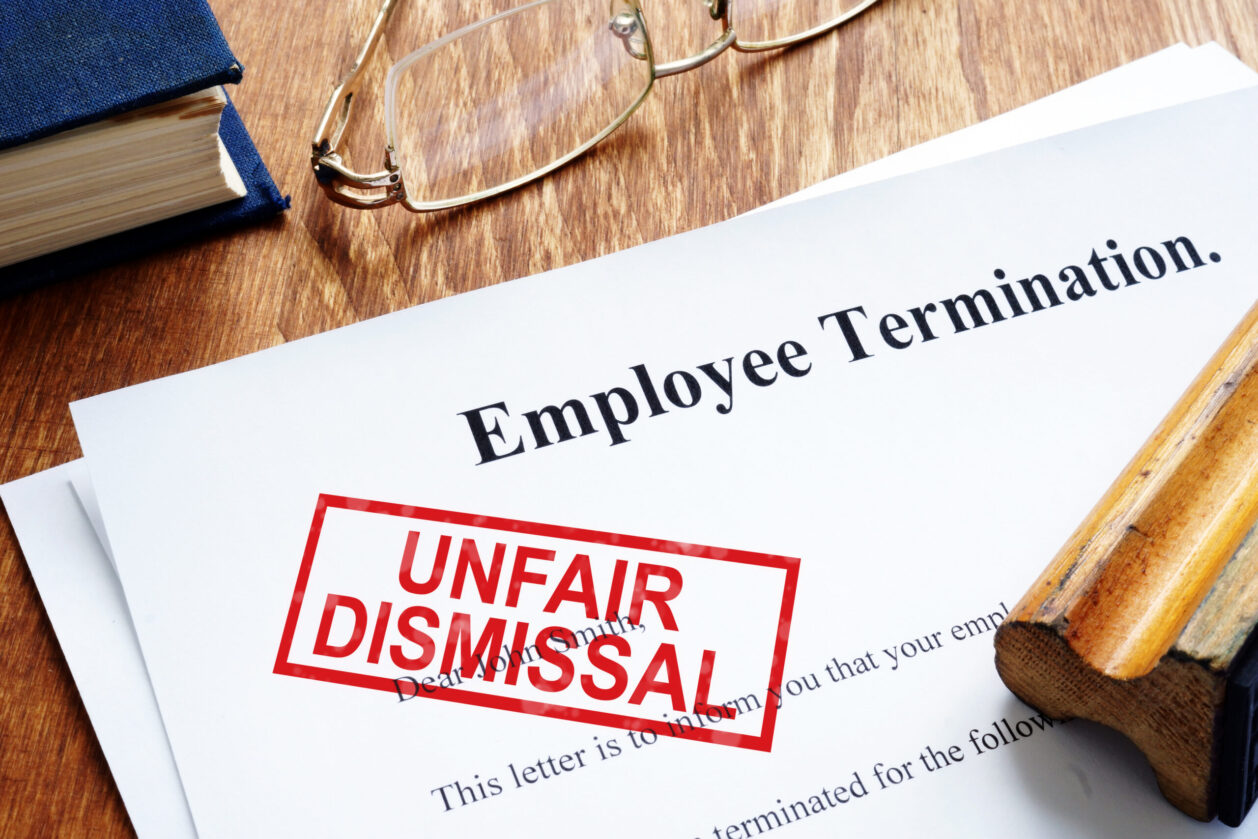So you’ve done your research, due diligence, got your ducks in a row with finance and insurance, and your business is off to a good start.
If this is the case, you might find yourself working day and night, seven days a week to keep all the balls in the air.
When do you accept that your trajectory is sustainable and start hiring some help?
“It’s when you’re at the point that you’re spending more time at the business, than on the business,” says CCIWA Workplace Relations Manager Ryan Martin.
“If you want to grow your business, you will need to free yourself up to spend more time on that, which will mean delegating tasks and handing over customers to others.
“You need to keep in mind why you started the business in the first place. It does mean that you’ll need to be careful who you employ to help in the business.”
The first paid help you need is likely to be a bookkeeper. For a small business starting out, it’s a good idea to simply outsource this role. When you’ve done this and still find yourself stretched, you need to start thinking about how to hire your first employee(s).
Taking on staff is a daunting but positive step. It means your business is growing and you will have more time to devote to the activities that drive your business forward.
The catalyst to recruit comes when you find you’ve reached the maximum capacity – you’re working all the hours there are but you’re not doing the things that make the most money and the biggest difference to your business.
When considering whether to hire staff or outsource, it may be helpful to tally how many hours the task consumes each week or month. Next explore hiring part-time staff to cover these positions. While part-time staff provides more consistency for the businesses, outsourcing projects or irregular work can be more cost-effective if the hours don’t justify a part-time position.
Recruit for the win
The first step in recruiting is being absolutely clear about what you are looking for, rather than just casting a line out and seeing who bites.
But before you even think about placing a job advertisement, outline the business processes you need in place to bring staff on board.
What will your induction and training be? How long a trial period is appropriate? What are your options if you find you’ve simply hired the wrong person?
Unfounded fears about being unable to sack staff can deter many businesses from hiring.
Finding the right person for the job also means finding someone who is genuinely interested in your company. Along with traditional job sites, use social media and industry-related portals to advertise positions.
Your ad also needs to sell the benefits of your firm. If there are any non-financial perks (such as an onsite gym or the opportunity to work from home) include these selling points. It is also advisable to check with industry contacts and job sites to ensure the wage you are offering aligns with the marketplace.
When you get down to the interviewing process, it’s worth being aware of your own biases. A study found that judgements made in the first 30 seconds of a job interview could determine the outcome.
In order to assist in managing these biases and judgements, drawing from research conducted by US psychology professors Frank Schmidt and John Hunter, on interview techniques is recommended. The research concluded, the strongest indicators of job performance were interviews that combined testing of general cognitive ability (such as thought processes and problem solving) combined with either:
- a work sample test: where an applicant is given a job-related task to complete;
- a structured interview: in which the same questions are asked of all candidates; or
- personality testing looking for `conscientiousness’.






